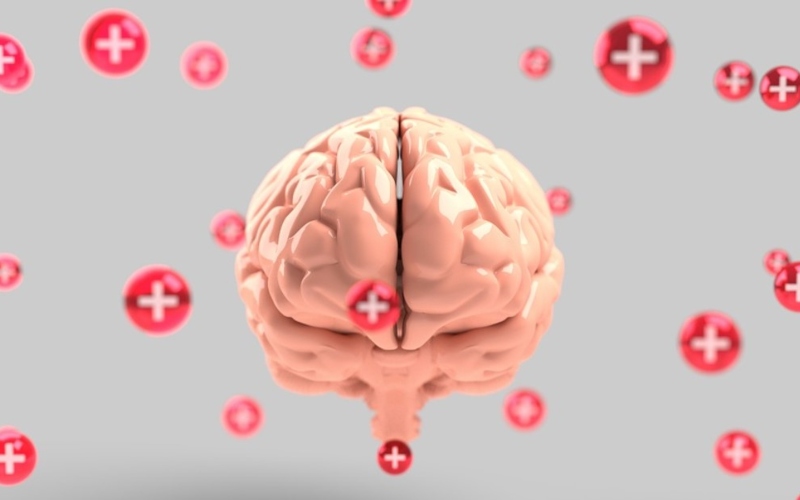
Created by - Mano Shakti
What is Anxiety?Ever wondered why you were trembling before your exam, or why your palms got sweaty before that job interview? These anxious feelings are a natural way for the body to prepare itself for an important event. You would have also noticed how you started to calm down once the event was under way; you started to breathe easier and your heart stopped thumping. Such an anxiety actually helps us perform better as it makes us more alert.However, some people experience anxiety or anxiety attacks for no apparent reason. If you find it hard to control your worries and if these constant feelings of anxiety affect your ability to go about your daily activities, then it might be a case of an anxiety disorder.Key Symptoms of Anxiety are: -Worrying about bills, job interviews, tests or other important events. The feeling of 'butterflies in your stomach' before a public performance or a big meeting.Fear of a dangerous object, place or situation, for instance, a stray dog barking at you on the street.Sadness or worry immediately after a traumatic event such as the loss of a loved one.Maintaining hygiene personally and in your surroundings.Worrying constantly and excessively for no apparent reason, making it difficult for you to perform day-to-day activities.
More detailsPublished - Tue, 11 Apr 2023

Tue, 11 Apr 2023

Tue, 11 Apr 2023

Tue, 11 Apr 2023
Write a public review